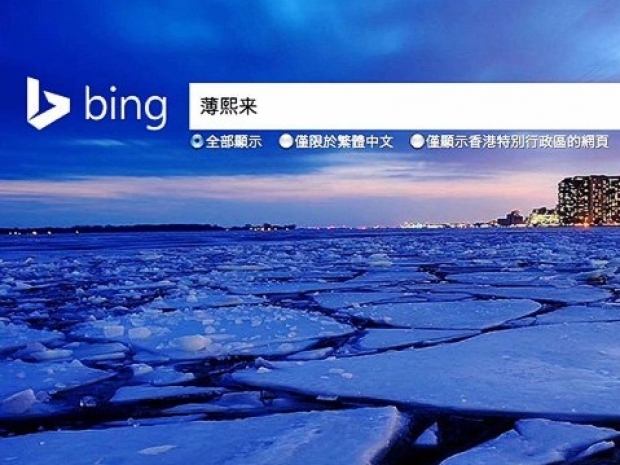Stories started to circulate when a Microsoft person said the site appeared to have been blocked in a manner similar to sites blocked by the government.
But the company had received no prior notice from authorities, and the disruption was not intentional on the part of the government, added the person, who declined to be identified, citing the sensitivity of the matter.
Starting from Thursday, internet users in China attempting to access cn.bing.com, the search engine’s domestic URL, found themselves directed to an error page.
Attempts to log on to Facebook, Google search, or other sites blocked by China’s Great Firewall, encountered the same fate. Service had resumed by late on Friday.
Engineers at ExpressVPN, a provider of virtual private network (VPN) software allowing internet users in China to access censored websites, ran tests during the outage to determine its origin.
They found that rather than domain name service (DNS) poisoning, the most common means for blocking sites under the Great Firewall, Bing’s outage appeared to employ a technique known as “black-holing”.
With this method, rather than re-directing to a dummy server traffic headed for a specific website, the traffic is simply cut off en route, usually at the internet service provider (ISP) level.
Express VPN Vice President Harold Li said blackholing boosts the likelihood of an accidental block, versus the more typical DNS poisoning, though he added that the company could not confirm the exact nature of the outage.
“We have no idea if it was an accident or not, but it’s much easier to make the mistake of blocking Bing when you’re blocking a set of IP addresses”, he said, referring to website addresses.
Bing has long been the only major overseas search engine accessible in China, which blocked access to Alphabet’s Google search platform starting in 2010. Microsoft alters Bing’s results to avoid politically sensitive topics, in line with government policy.
Bing’s outage came a day after a widely read article by a Chinese journalist criticizing the quality of search results from Baidu Inc, the dominant domestic search engine.
That led some internet users to speculate the two incidents were related. The company has endured regular public backlash since 2016, when a Chinese student died after seeking treatment at a hospital that advertised on Baidu.




